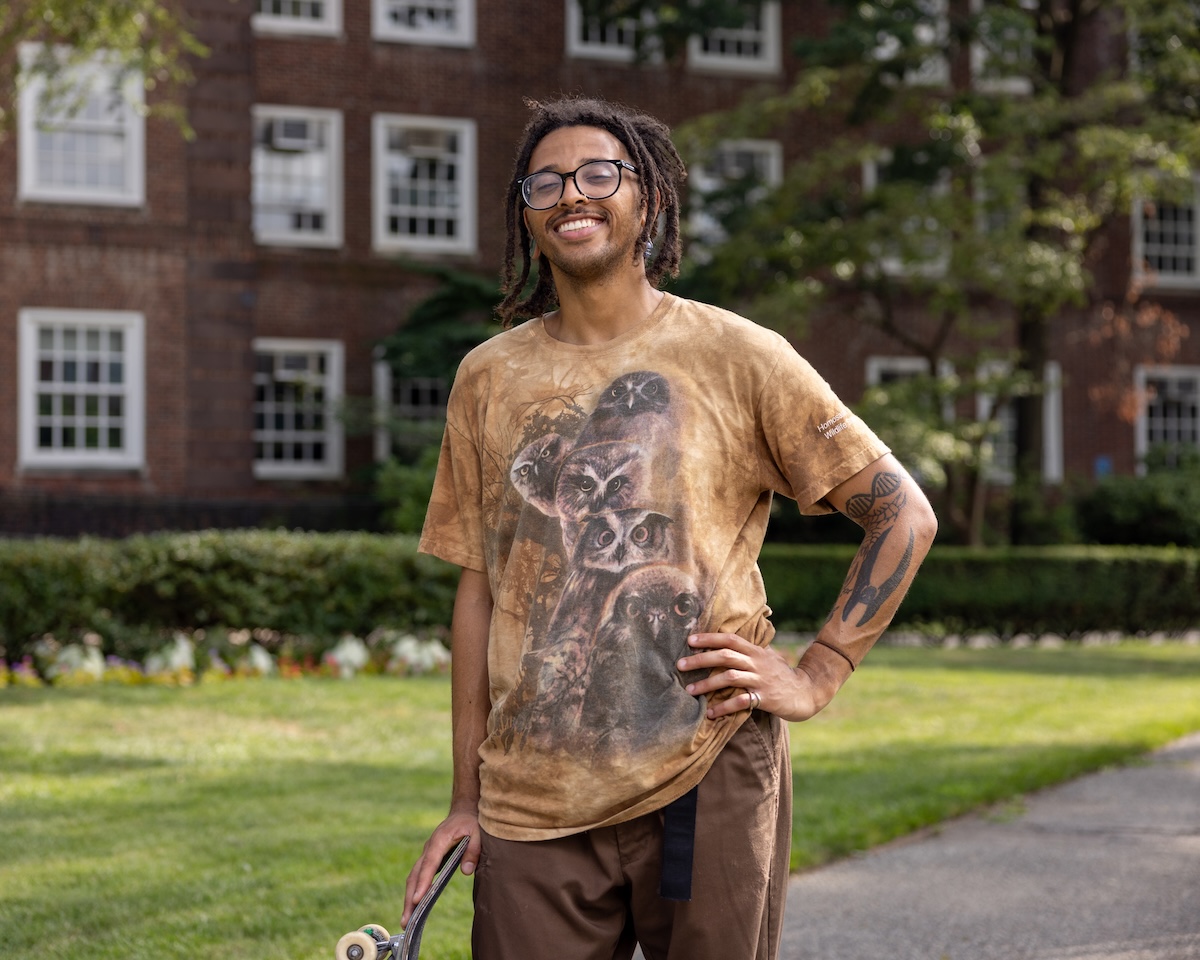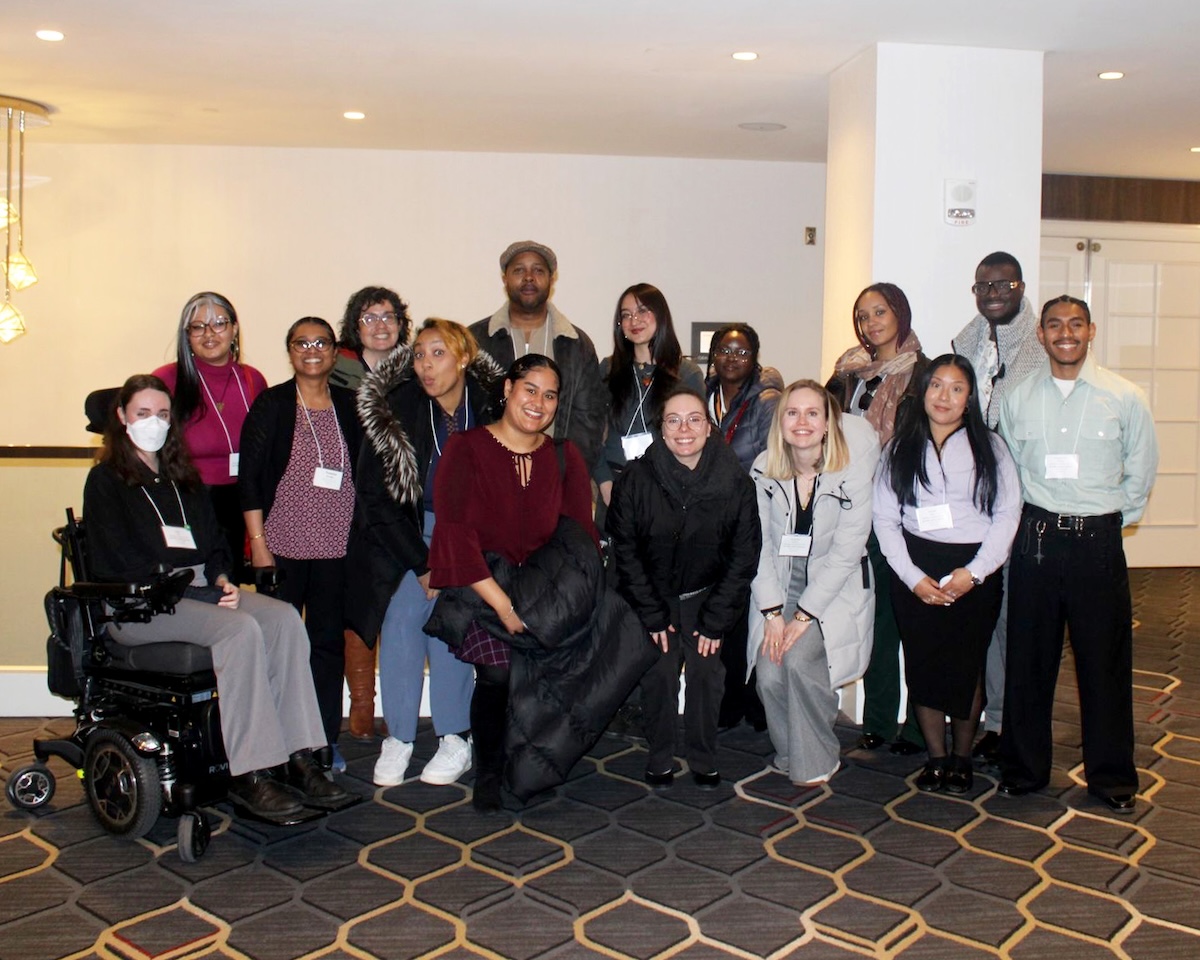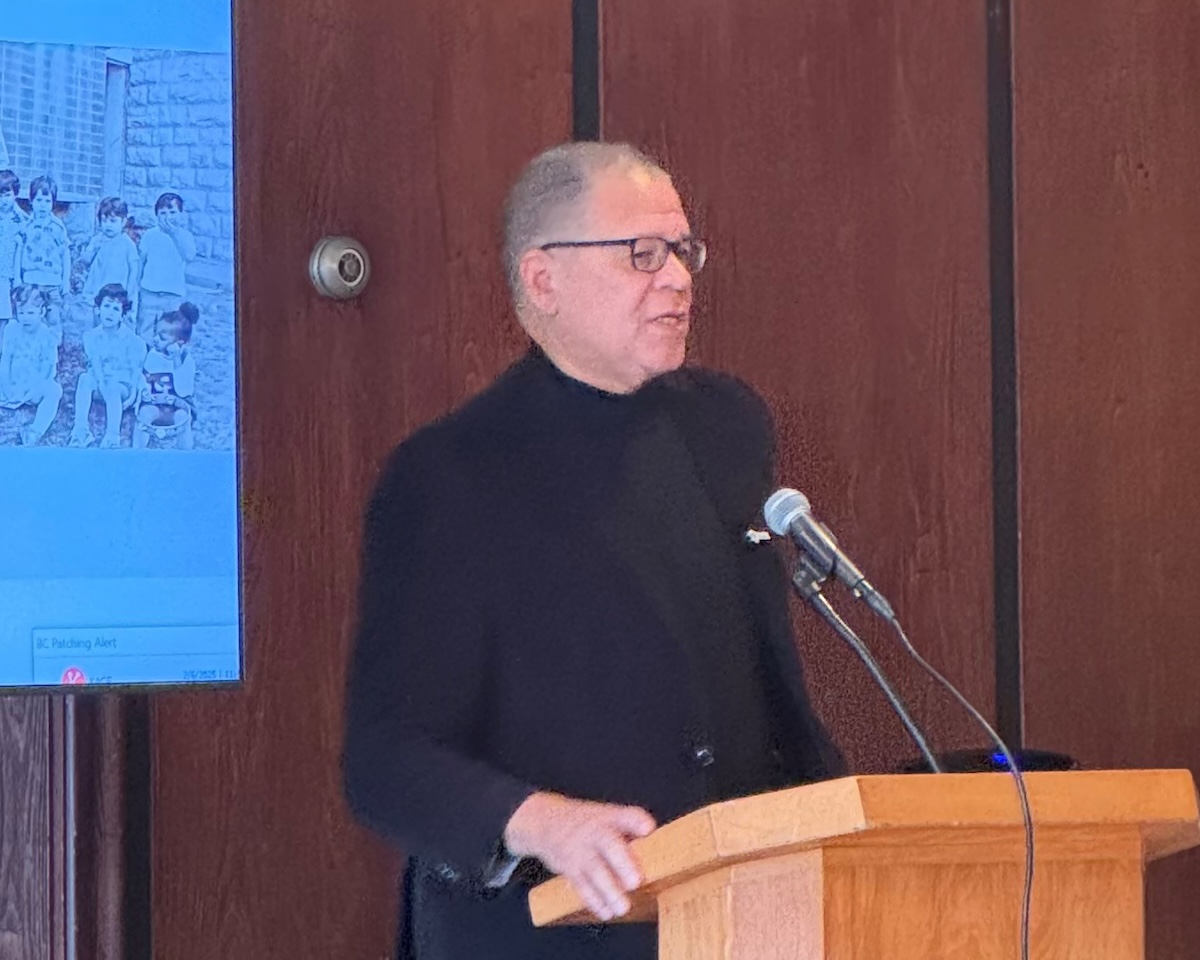Brandon Abram, a senior, transfer student, and Africana studies major says that his classwork has provided a thoughtful lens through which he can dissect his youthful brush with the justice system and the way that it affected how he was perceived afterward.
Abram—a poet, bookworm, and fervent skateboarder—is planning for a career in which he can address the justice system’s treatment of vulnerable populations.
We spoke with him about his research on mixed-race identity and racism and his dream of becoming a public interest lawyer.
You’re from Southern California and have lived in Portland, Oregon. How did you end up here?
I came to New York in 2019 on a skateboarding trip with my friends and explored the city. I was living in Portland at the time, going to Portland Community College. It’s small, so I was very taken by New York. It was everything that I’d wanted it to be.
Then I moved here with a girl I was dating. We were living in a car and didn’t know where we were gonna sleep each night. We wanted to be in New York and I wanted to continue school, so we were looking for jobs and apartments and stuff, pounding the pavement. It was just rough. That’s why I think about where I am now. I have the privilege of getting to go to school. It’s like night and day. Moving here was a change—maybe it was the change that I was looking for.
You’ve focused your academic studies on disenfranchisement, racism, and injustice. What inspired that?
In the sixth grade, I gave someone a marijuana cigarette and was charged with possession and sale. You’re not supposed to be doing that at 11 years old, so I don’t fault anyone.
It had a profound effect on my life. I was out of school for three months. I had to go to court. I was on probation. I went back to the same school and experienced a change in demeanor toward me, even from my friends. They no longer wanted anything to do with me. Teachers that I had great relationships with, all of a sudden, I was not that kid anymore. I got accused of plagiarism for an essay that I wrote, which was never true.
But the experience inspired me to become a public interest lawyer. There are so many people in this country, and the world, who lack someone in their corner, someone who believes in them enough to advocate for them, to talk to them, and to hear them.
How would you describe your experience at Brooklyn College?
When I came to Brooklyn College, I was embraced by everyone. It’s helped me figure out more about what I want to do with my future by learning about how disenfranchised certain groups are, presently and throughout history. It’s stuff that we weren’t taught about in school. I’ve learned that a lot of people in this country are not set up for success. I can’t imagine my life not knowing some of the things I know now.
I was immediately welcomed into the fold when I declared my major in Africana studies. People in the department are always telling me “apply to this thing” or “do this thing” or “here’s this option for you.” I’ve met great people like [Associate] Professor [Prudence] Cumberbatch, Professor [Kevin L.] Jones, and [Associate] Professor [Aleah] Ranjitsingh. The most important thing that I learned is just how deep injustices run. Last year, I worked on a research project about mixed-race identity with Professor Ranjitsingh and presented at a conference with the Mellon Mays [Undergraduate] Fellowship [Program].
Tell us more about your research.
The project was about mixed-race identity and how people function in a typically binary society. Either you’re Black or you’re White. You’re this or you’re that. We studied how people encompass both spheres, like having a Black parent who’s present in your life or having a White parent who’s present in your life. There are feelings of not being Black enough and not being White enough. As a kid, I got called an Oreo a couple of times.
We interviewed people about what it felt like to grow up as a mixed-race individual in America. I was really worried about how it was gonna be received by everyone, but it went very well. I met a lot of cool people who presented. All of the research was so impressive!
You also self-published a poetry book.
It was sold in Powell’s Books in Portland, the largest bookstore there, which was the coolest thing about it. I wrote the book when I was 19, and it was a compilation of feelings about moving from California and living on my own for the first time, not having Mom and Dad right there. It was really important for me to write that to express what I was feeling at the time.
What’s next for you?
I’m gonna go ahead and start studying for and then take the LSAT. Hopefully, I’ll get into CUNY School of Law.



